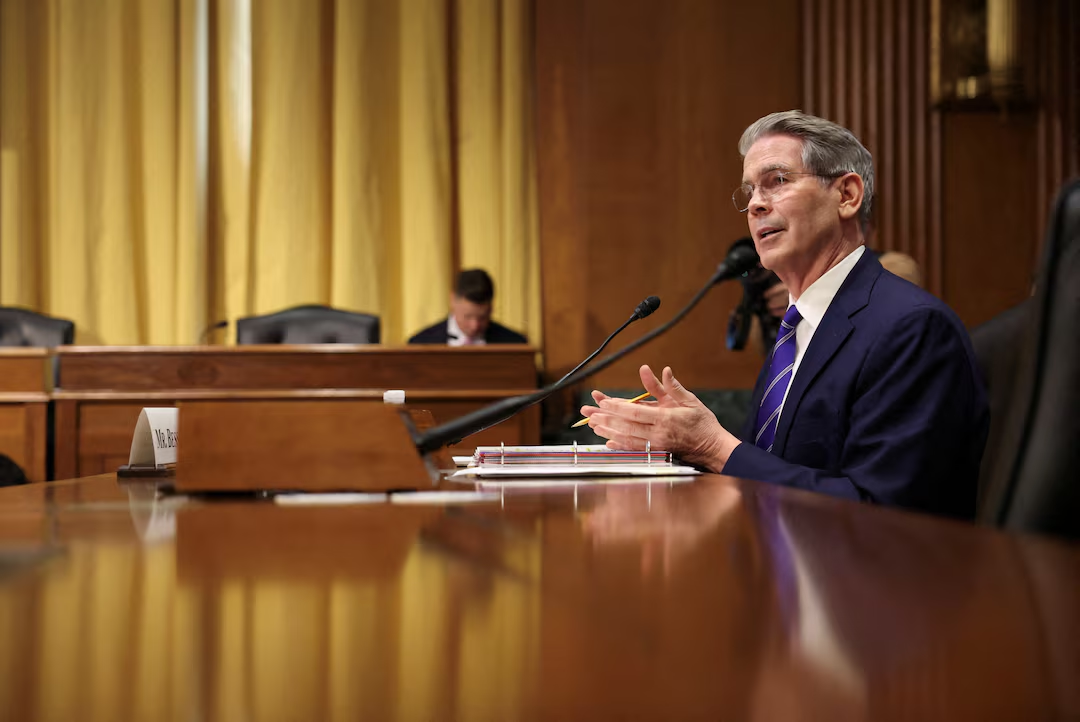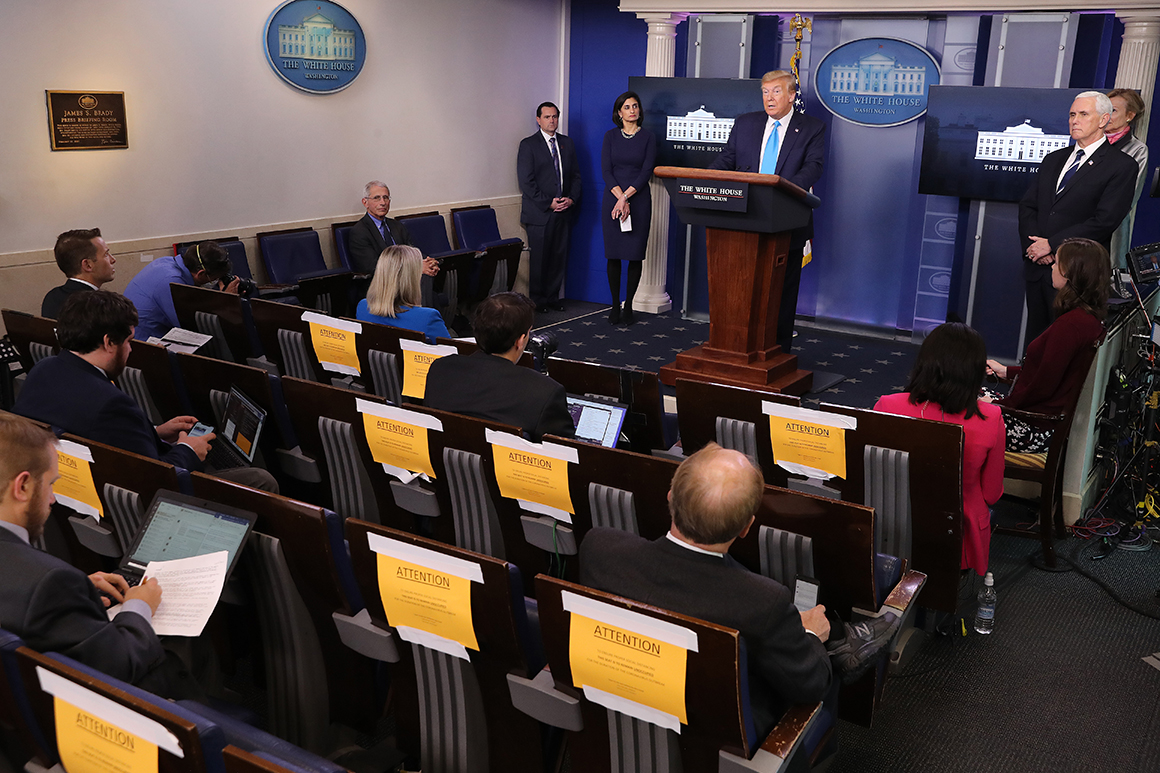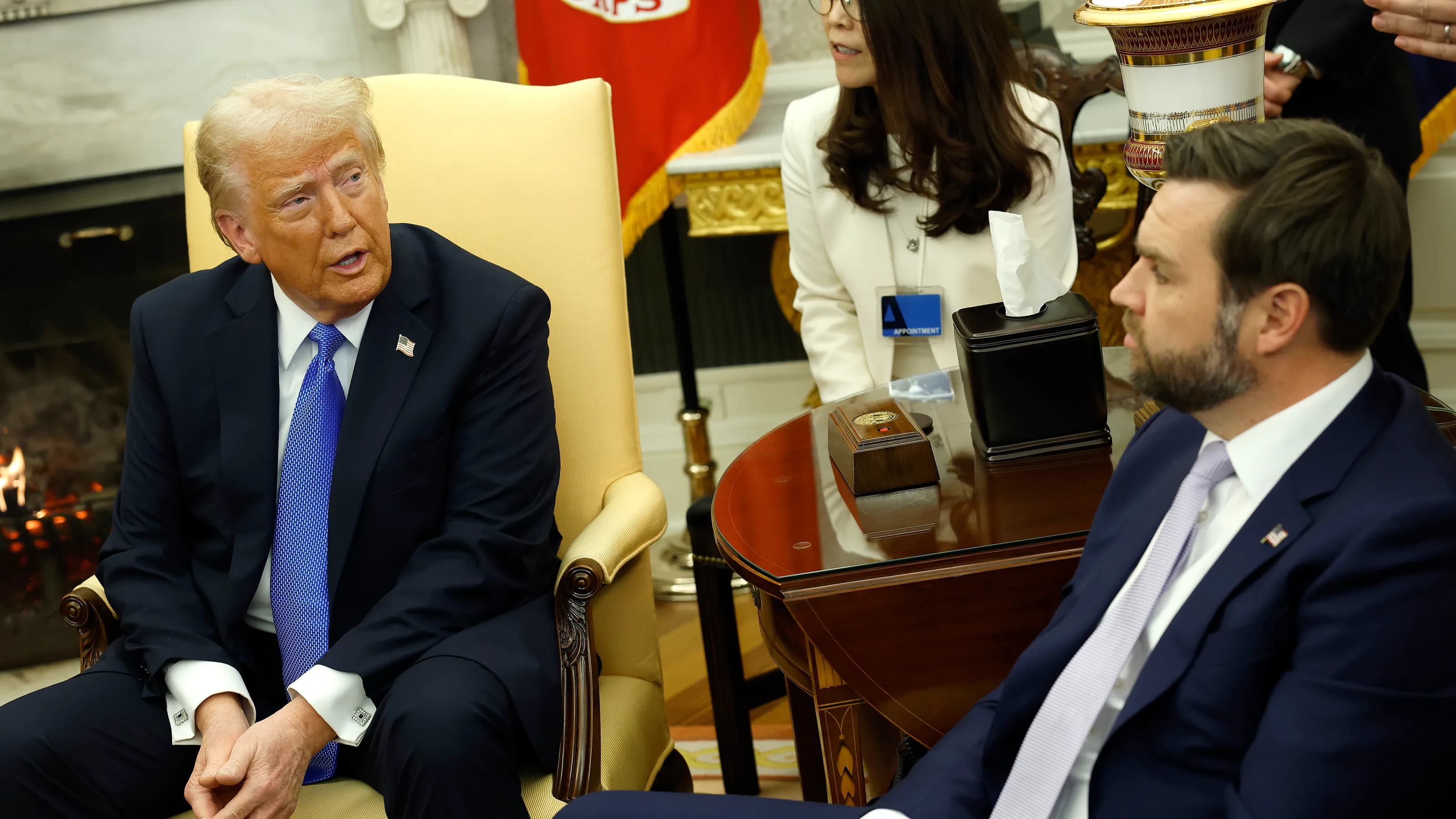The Trump administration is ready to unleash a wave of tariff threats that could raise prices by 30% on numerous imported goods, sending shockwaves through the global economy and worsening the already precarious situation for working families across America. Starting this week, President Trump plans to send out letters to countries that have not finalized trade deals, warning them of impending tariffs set to kick in on August 1. This aggressive strategy is a blatant attempt to coerce smaller nations into compliance, while simultaneously straining relationships with established trading partners.
Threatening Global Trade Relationships
According to NBC News, Treasury Secretary Scott Bessent confirmed that as many as 100 letters will be dispatched to nations where the U.S. maintains a minimal trade presence, threatening them with elevated tariffs that could add an additional 10% to current rates. This tactic disproportionately affects smaller countries, who may lack the negotiating power to resist such demands. In the world of international trade, these kinds of threats can lead to retaliatory measures, creating an environment of instability that could further exacerbate wealth inequality.
Impacts on American Consumers
The implications of these tariffs are dire, particularly for working-class Americans. The tariffs could place additional burdens on families already struggling with rising prices. As reported by AP News, economists warn that such policy decisions could worsen inflation, which is already a critical issue for many households. By increasing costs on imported products, the administration risks driving prices even higher, making basic necessities less affordable for millions.
\n\n
Scott Bessent wins Senate confirmation as US Treasury ...
Exacerbating Economic Inequality
The Trump administration"s approach to tariffs aligns with a broader trend of prioritizing corporate interests over the needs of everyday workers. By focusing on trade deficits as a primary concern, the administration ignores the reality that many of these deficits are rooted in structural inequalities that favor wealthier corporations over local businesses. As highlighted by The Economist, this approach could lead to a significant shift in how trade operates, favoring the interests of a few while disadvantaging the many.
Potential for Trade Wars
The current trade strategy could ignite a series of retaliatory tariffs that spiral into a full-blown trade war. Experts have warned that such conflicts not only threaten American jobs but also create an environment where the global economy could falter. The administration"s fixation on imposing tariffs without considering the long-term consequences showcases a lack of foresight that could have devastating effects. The New York Times notes that the complexity of trade agreements often requires time and negotiation, yet Trump"s administration appears bent on using intimidation tactics rather than diplomatic engagement.
\n\n
White House to require coronavirus tests for journalists ...
Long-Term Consequences for Workers
As Trump"s administration pushes for these tariffs, the long-term ramifications for American workers could be severe. By escalating tensions with other nations, we risk not only higher prices but also fewer job opportunities as companies look to relocate to countries with more favorable trade relations. This short-sighted strategy undermines the very fabric of American economic stability and worker empowerment. The tariff threats, rather than serving as tools for negotiation, may ultimately backfire, leading to a landscape where economic justice remains an unattainable dream for countless Americans.







![[Video] Gunfire between Iraqi security forces and Sadr militias in Baghdad](/_next/image?url=%2Fapi%2Fimage%2Fthumbnails%2Fthumbnail-1768343508874-4redb-thumbnail.jpg&w=3840&q=75)
